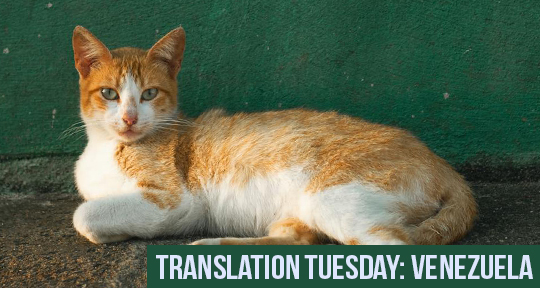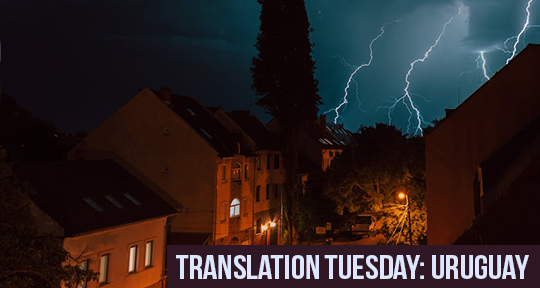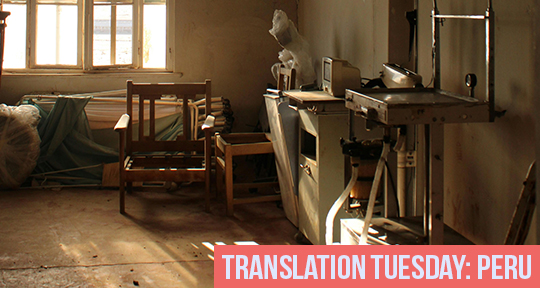For this week’s Translation Tuesday, we bring you a poignant excerpt from HEART OF DAMAGE by the Argentine poet María Negroni, translated by Michelle Gil-Montero. In terse but vivid fragments, the narrator of this long poem recollects her childhood, drawing our attention first to the cavity between her memory of her childhood and her mother’s memory of the same. From there she spirals inward, boring into the center of a lifelong sense of inadequacy bred by her mother’s possessiveness—”my only possession that is truly mine” her mother calls her—before finally moving towards the present, in which her mother’s grievances are recompensed with her own. Read on!
In the house of Childhood, there are no books.
Roller skates, sure, bicycles, silkworms in cardboard boxes, but no books.
When I mention this to my mother, she’s furious.
Of course there were books, she says.
Who knows. Either way, there’s no vast library of English volumes, like Borges had as a child.
Of one thing, though, I’m certain: a beautiful, difficult woman is the center and circumference of that house. She has big eyes, red lips. Her name is Isabel, but everyone calls her Chiche: a toy, trinket, plaything for a child.







